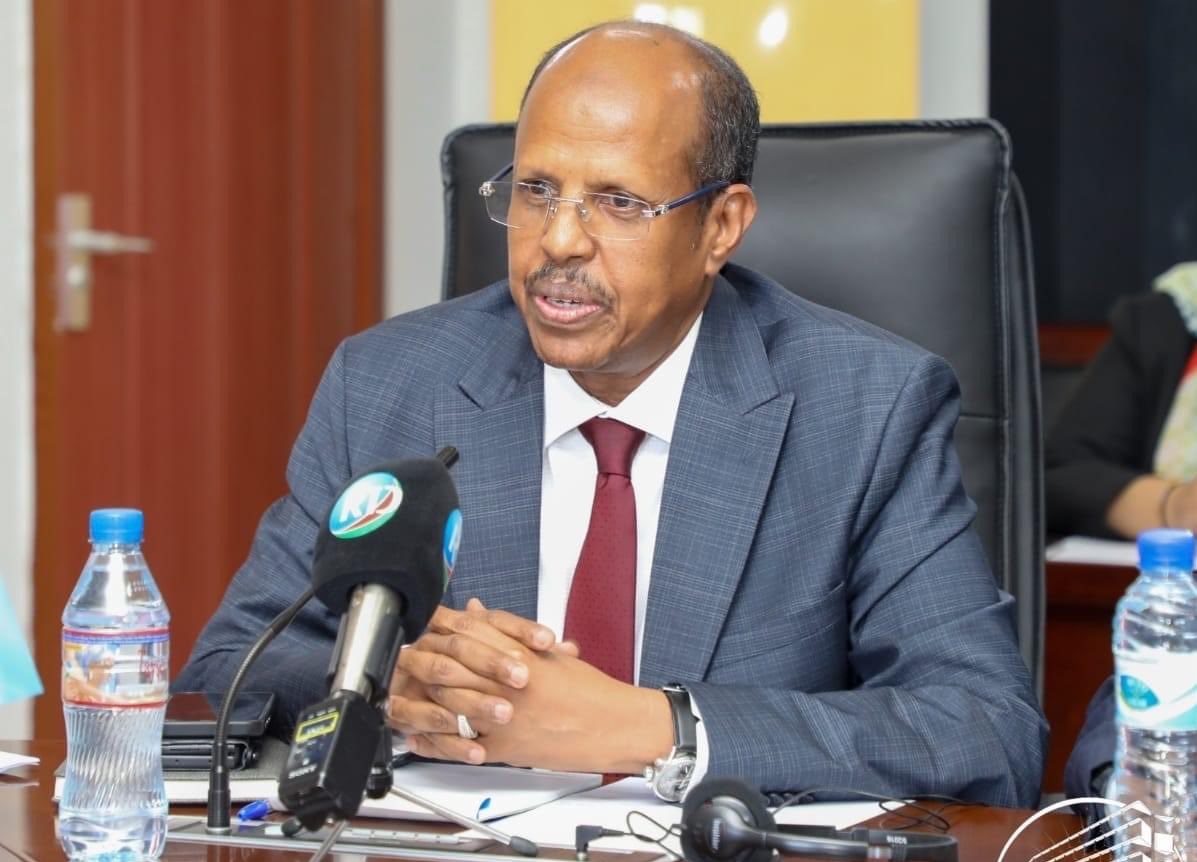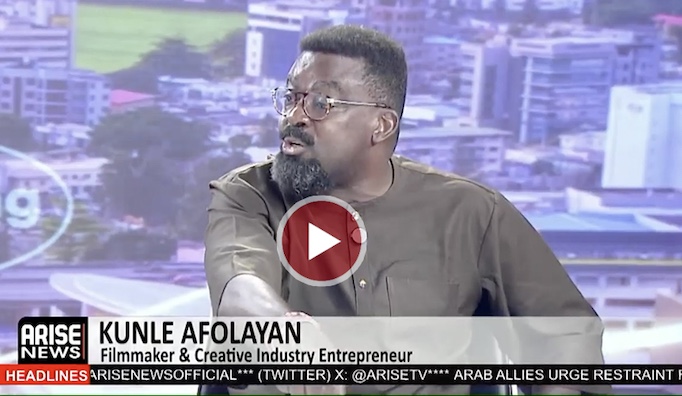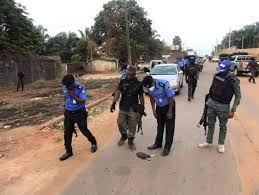
The African Union (AU) has urged an urgent international response — including enhanced intelligence-sharing — to tackle worsening insecurity in Mali, where Al Qaeda-linked insurgents have imposed a crippling fuel blockade and intensified kidnappings.
The blockade, enforced since September by Jama’at Nusrat al-Islam wal-Muslimin (JNIM), a jihadist group operating across the Sahel, has disrupted fuel imports, leaving schools and businesses shuttered for weeks. The shortage has paralysed transport and daily life in parts of the country, worsening humanitarian conditions and raising fears the militants may seek broader control.
In a statement on Sunday, Mahmoud Ali Youssouf, Chairperson of the AU Commission, expressed “deep concern over the rapidly deteriorating security situation in Mali, where terrorist groups have imposed blockades, disrupted access to essential supplies, and severely worsened humanitarian conditions for civilians.”
Youssouf called for “enhanced cooperation, intelligence-sharing, and sustained support” for Sahel nations confronting violent extremism. He also demanded the immediate release of three Egyptian nationals reportedly kidnapped by the jihadists.
JNIM, known for funding its operations through ransom payments, has increasingly targeted foreigners. Reuters recently reported that two citizens of the United Arab Emirates were freed in October after a ransom of about $50 million was paid.
Western countries — including the United States, France, Britain, and Italy — have advised their citizens to leave Mali as the situation deteriorates. Meanwhile, schools in the capital, Bamako, reopened on Monday after being closed for two weeks due to the fuel shortage.
The AU’s warning comes amid mounting concern that, without stronger regional and international coordination, Mali’s security and humanitarian crisis could deepen further, destabilising the wider Sahel region.
Melissa Enoch



